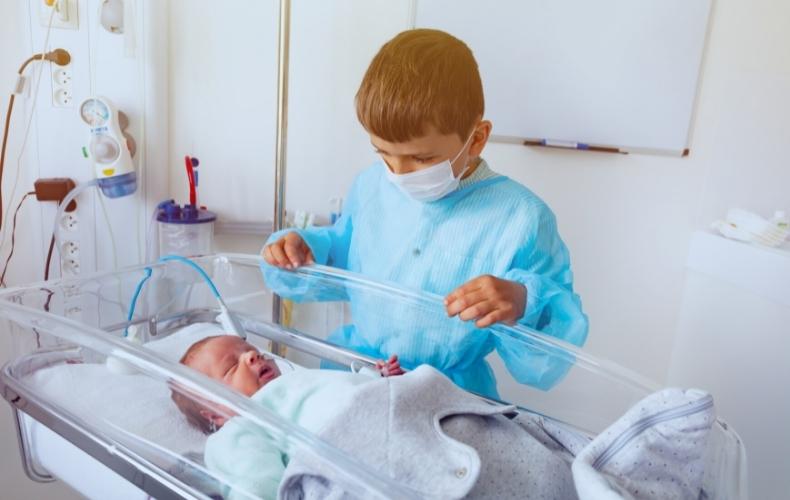
The results of a Phase II clinical trial investigating the use of umbilical cord blood MSCs (mesenchymal stem cells) to treat bronchopulmonary dysplasia (BPD) have recently been published.
Bronchopulmonary dysplasia is a lung disease which affects newborn babies. It is particularly common in premature infants and babies with a low birth weight. Researchers believe that the condition is exacerbated by or caused by prolonged mechanical ventilation.
The results of the trial are positive, which has encouraged researchers to organise another large scale trial in the near future. The next study will assess the effectiveness of the treatment on a subset of babies who would benefit the most from the treatment.
In the recently published study, the researchers discovered that a transplant of umbilical cord blood MSCs into the tracheas of preterm infants at risk of BPD was both feasible and safe.
Although there was no meaningful difference in the primary outcomes between the placebo group and treatment group, certain subgroups showed a significant improvement. For example, in babies born 23 to 24 weeks, the number of patients experiencing severe bronchopulmonary dysplasia dropped from 53% to just 19% in the stem cell treatment group.
The next clinical trial will focus on babies in this subgroup in an effort to understand how much umbilical cord blood MSCs can help and why they are so effective. Subsequent trials will use larger numbers of infants to check that the results can be replicated with a bigger sample.
This study is another example of the regenerative potential of umbilical cord blood stem cells. Co-author of this study, Dr Ellen Ai-Rhan Kim explained why they used stem cells: “We focused on UCB-MSCs [Umbilical Cord Blood – Mesenchymal Stem Cells], as they exhibit several advantages over adult tissue-derived MSCs, including lower immunogenicity, higher proliferation capacity, paracrine potency and therapeutic efficacy both in vitro and in vivo.”
A Once-in-a-Lifetime Opportunity
Your baby’s cord blood presents a once-in-a-lifetime opportunity to capture a rich source of stem cells that can transform into specialised cells depending on where in the body it is needed. These properties make them extremely valuable to medicine. The collection of the cord blood stem cells at birth and preserving it long-term provides a perfectly matched source of specialised cells to your child, that is available without delay should the need for stem cell treatment arise.
Want to learn more about cord blood collection and preservation? Call us now at 04-3116613 or send an email.
Source: Treatment for brochopulmonary dysplasia in premature infants shows promising results
{{cta(‘a30cec0a-5bde-4167-9d35-9d42b560ca18’)}}
